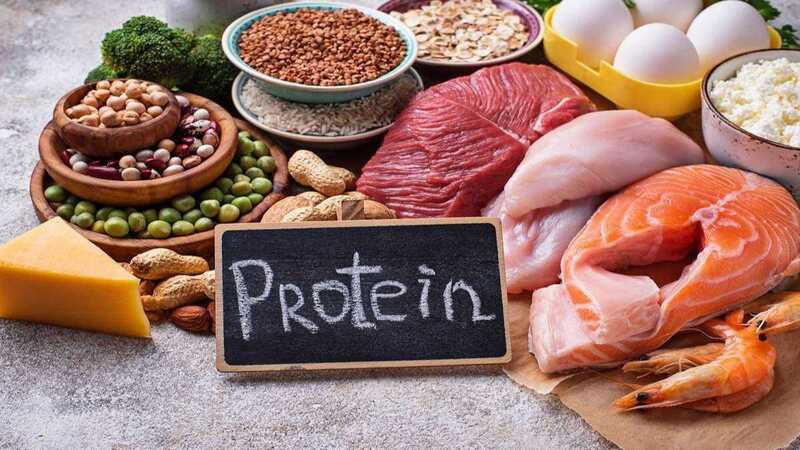Protein is an essential nutrient for health, playing a crucial role in muscle building and immune system enhancement. However, consuming excessive protein beyond the body’s requirements does not equate to additional benefits and, in some cases, may even be detrimental to one’s health.
1. Protein – More Is Not Always Better
In the fitness industry and among enthusiasts, protein is often hailed as a “savior” for health and physique. However, the notion that “more protein is always better” is not entirely accurate. While protein is indispensable for tissue repair, enzyme and hormone production, and immune support, exceeding the necessary amount can lead to negative consequences.
2. Health Implications of High Protein Intake
2.1 Kidney Stress
According to Dr. Kamyar Kalantar-Zadeh from the Harold Simmons Center for Chronic Disease Research and Epidemiology (1), consuming excessive protein beyond the body’s utilization capacity, especially over 2g/kg of body weight/day (equivalent to more than 140g for a 70kg individual), puts additional stress on the kidneys, which have to work harder to eliminate the excess. Prolonged high protein intake can have adverse effects, particularly for individuals with kidney disease, diabetes, or high blood pressure.
2.2 Limited Muscle Synthesis
The body can only utilize a limited amount of protein per meal for muscle building – approximately 0.4g/kg of body weight (28g for a 70kg individual). Any surplus is converted into energy or excreted, contrary to the belief that it contributes to muscle gain. Distributing protein intake evenly throughout the day over four meals optimizes its usage.
2.3 Nutritional Deficiencies
A high-protein diet may cause an imbalance in your nutrition by displacing other crucial food groups such as vegetables, fruits, whole grains, and healthy fats – essential sources of vitamins, minerals, and fiber.
2.4 Gut Health Impact
Research by Dr. Younghoon Kim from Seoul National University (2) suggests that a diet high in protein, particularly from animal sources, can disrupt gut microbiota balance, leading to digestive issues and chronic inflammation. Additionally, the consumption of red meat has been associated with gut damage and the promotion of colorectal cancer-related bacteria.

Excessive protein intake can stress the kidneys.
3. Protein Requirements Vary Individually
The ideal protein intake depends on various factors:
- Activity Level: Individuals who are highly active or engage in intense workouts require more protein for muscle recovery.
- Age: Older adults need additional protein to prevent age-related muscle loss.
- Health Goals: Those aiming to lose weight may benefit from a high-protein diet as it promotes satiety and protects lean muscle mass.
- Body Composition: Individuals with a higher muscle mass require more protein to maintain their physique.
- Training Intensity: Intense training programs usually demand a correspondingly higher protein intake to support muscle recovery and growth.
Most individuals can meet their protein requirements through a varied diet without the need for excessive supplementation.
4. Considerations When Consuming High Protein
- Nutritional Balance: Protein is just one piece of the nutritional puzzle. Ensure you’re also getting adequate vitamins, minerals, and fiber from diverse sources.
- Quality Over Quantity: The source and quality of protein are as important as the quantity. Opt for whole foods like fish, eggs, dairy, beans, and nuts, which provide additional nutrients for holistic health.
- Individual Variation: Protein requirements vary based on age, weight, and activity level. Personalize your intake accordingly.
- Timing: Distribute your protein intake evenly throughout your meals (instead of concentrating it in one or two meals) to enhance absorption and utilization.
Protein is pivotal for health and recovery, but research indicates that excessive consumption, especially from supplements or red meat, can strain the kidneys, disrupt digestion, and create nutritional imbalances. Rather than chasing the “more is better” trend, it’s crucial to determine how much is optimal for your body and health goals.
If you’re unsure about your ideal protein intake, consult a dietitian or physician. The question to ask is not “do I need more protein?” but rather, “What amount of protein is optimal for my body and health goals?”
































